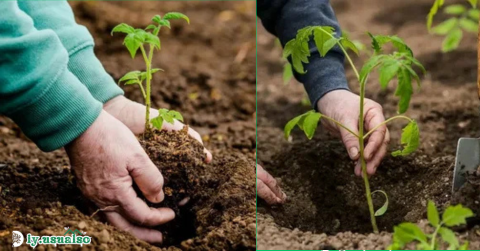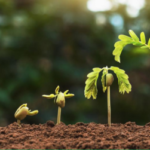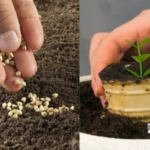Planting too close may seem like a space-saving strategy, but it creates competition for sunlight, water and nutrients. Make sure they have room to grow by following the spacing guidelines for each plant.
- Mulching.
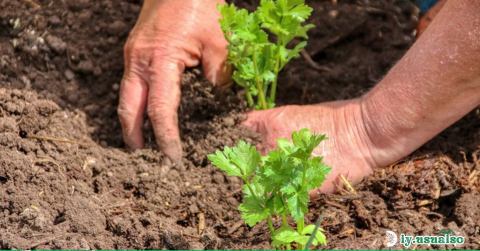
Applying mulch can lead to rapid mold growth and loss of moisture. Mulch helps drain soil, regulate temperature and suppress weeds. Apply a layer of organic mulch around the plants to keep the soil healthy.
- Using the wrong tools.
Inadequate or inadequate equipment can make gardening more difficult and less enjoyable. Invest in basic quality tools like spades, trowels, pruners, and gloves to make your gardening tasks easier.
- Lack of attention to pest and disease control.
Ignoring signs of pests and diseases can lead to rapid garden decay. Check your plants regularly for issues and take early action with organic or chemical treatments as needed.
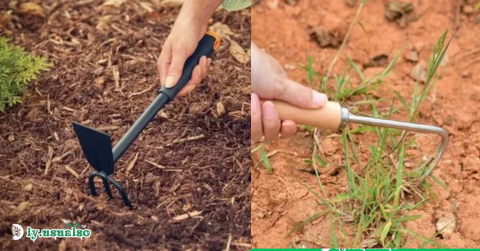
- Incompatible plants.
Some plants do not grow well together due to competition or attracting similar insects. Learn about companion planting so your plants can support each other’s growth rather than hinder it.
- Skip crop rotation.
Planting the same plants year after year in the same area depletes soil nutrients and increases the risk of pests and diseases. Rotate crops annually to maintain soil fertility and health.
- Overlooking Maintenance.
Gardens need regular maintenance. Activities such as weeding, weeding, and watering can lead to excessive growth and poor plant health. Dedicate time to gardening each day to stay on top of tasks.
Gardening is a learning process, and mistakes are part of the journey. By understanding these common pitfalls and taking proactive steps to avoid them, you can enjoy a thriving garden that brings tranquility and beauty to your home. Happy gardening!

